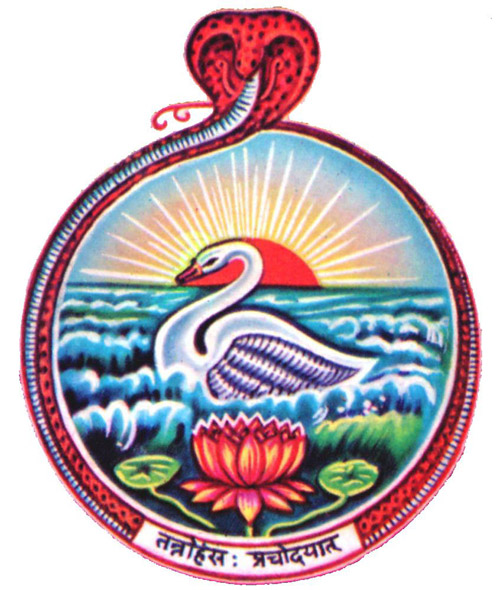
The Vedanta journal has been published by the Centre on a quarterly basis since 1957, and aims to develop the principles underpinning the Centre’s activities. Each quarter, about fifty A5 pages are published, containing articles from authors of all spiritual traditions, historical backgrounds, and geographies.
Articles include transcriptions of conferences that took place at the Centre, as well as translations or previously-unpublished texts. Each item shares the theme of spiritual awakening, and generally centres around presenting aspects and practical advice related to a spiritual life, from the perspective of Hinduism or other religious traditions.
Each edition usually includes four articles, including one written by the monk in charge of the Centre, Swami Veetamohananda, as well as an extract of the Interviews with Ramakrishna collected by Mahendra Gupta during the last four years of Ramakrishna’s life.
While the topics usually vary in each edition, one edition per year is organised around a common theme.
Yearly membership costs EUR 15 (including shipping to the Paris region) and incudes four editions. Membership begins on 1 January each year, although one can sign up later and obtain retroactive membership.
Upon request, members can receive the Centre’s newsletter along with each edition. The newsletter, which has been running for roughly fifty years, summarises recent news and activities of the Centre, as well as its principles.




